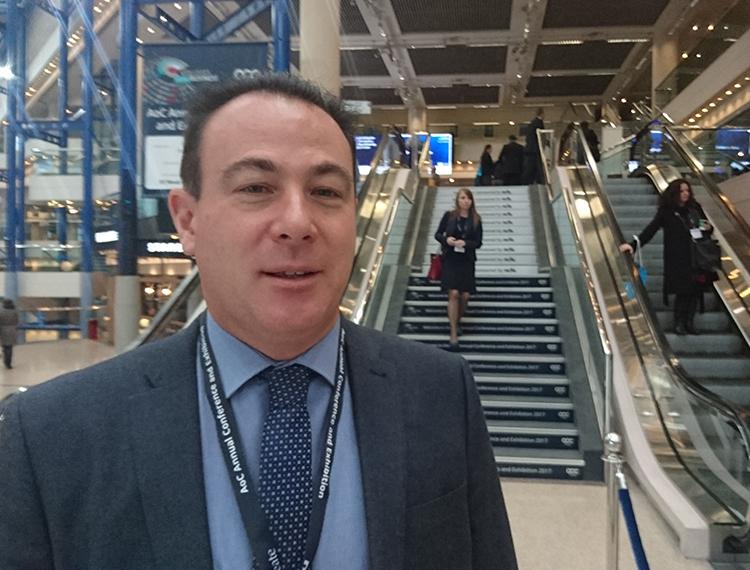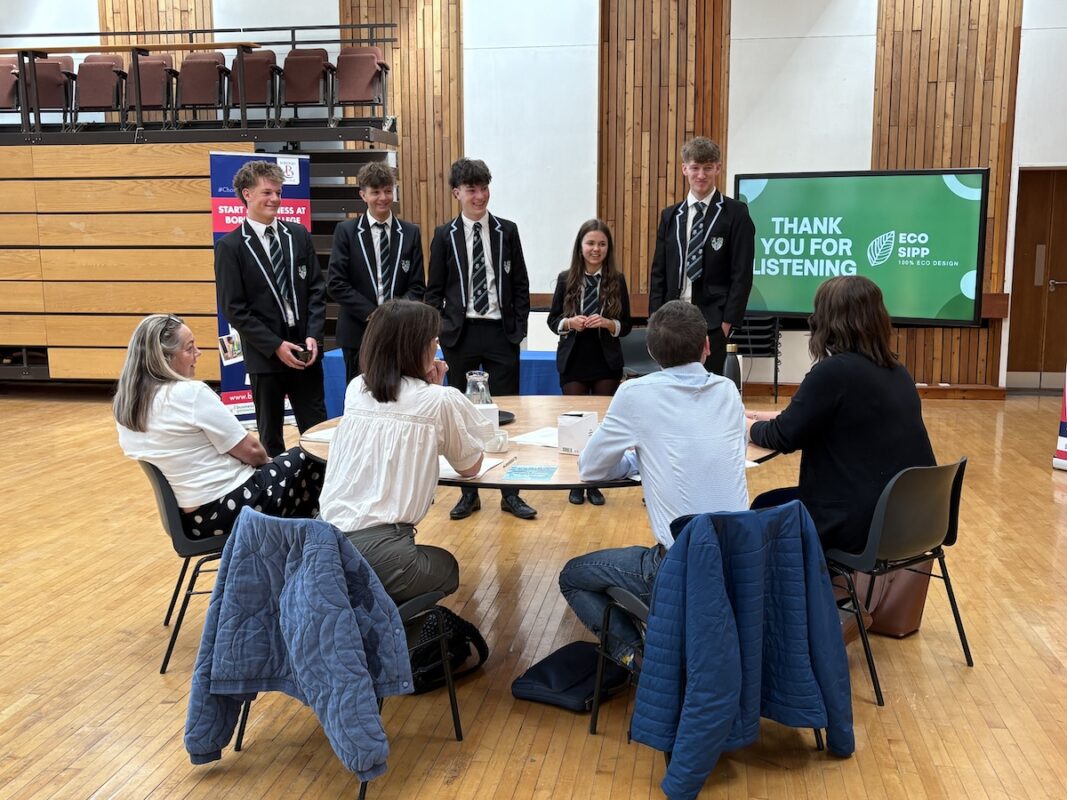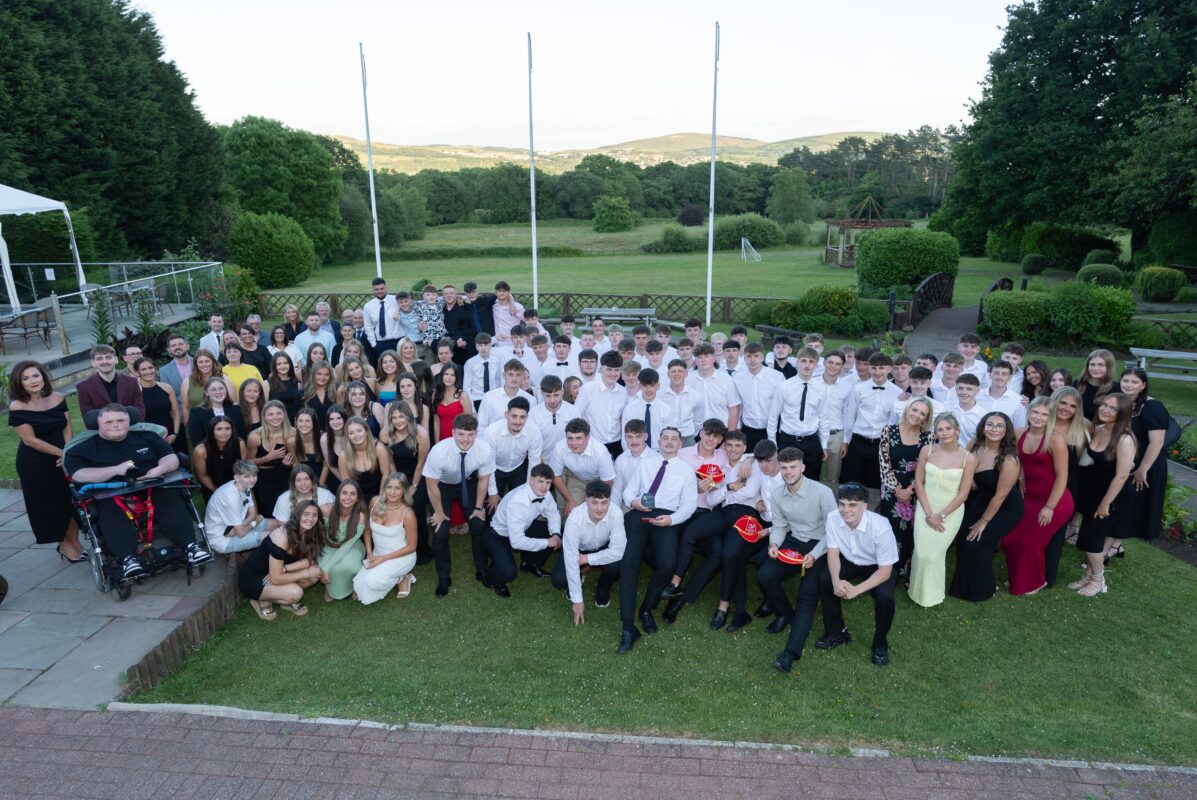Baker Clause is a legal requirement say Ofsted – Careers education: a mixed picture

Paul Joyce, Ofsted’s Deputy Director for Further Education and Skills, on why good quality careers education is so important.
How did you end up in your career? Did you have it all planned out from an early age, or did you ‘fall’ into it? Did the subjects you chose at school lead you naturally to where you are now? Did you have much help making your decision?
It’s fair to say that careers information, advice and guidance haven’t always been delivered as well as they could be (and depending on when you went to school or college, at all).
Thankfully, the picture is quite different these days. The importance of good, solid careers guidance is well recognised. And schools and further education providers now have a legal duty to deliver it.
Where is it going well?
It’s National Careers Week, so it’s only right to start by talking about the positives.
In the further education sector, there’s plenty to celebrate. Our latest annual report highlights some of the high-quality careers advice and guidance out there. Some young people are getting practical support that makes a real difference to their next steps. We’ve seen many further education providers with dedicated careers staff who help learners carry out job searches, or with writing CVs, for example.
Having access to specialist industry knowledge and experience is the norm for many learners. This helps them to decide on realistic career goals and how best to achieve them. Students get the chance to interact with employers by listening to guest speakers, going on workplace visits, or working on live projects with employers.

Where is it going less well?
Good careers guidance should not start when pupils finish their GCSEs. That’s too late. And although the vast majority of schools provide some form of careers education, it doesn’t always follow that this is of good quality. In fact, inspections show that it’s quite patchy.
There is a whole array of careers out there, and letting children know about them, early on, is really important. A new report from the charity Education and Employers makes the point that aspirations, quite simply, come from exposure to the job. It powerfully quotes the American activist for children’s rights, Marian Wright Edelman, who said ‘You can’t be what you can’t see.’
The report also highlights a ‘disconnect between aspiration and opportunity’. Many young people want to work in sectors that are widely different from the jobs available. And it finds that these aspirations are often set very early – as young as 7 – but are not changing over time to meet demand.
We recently blogged about the skills gap. There’s clearly a difficult balance to be struck between meeting the needs of the labour market, and the qualifications that young people find attractive but are not easily going to lead them into a career.
By making sure that children have access to great careers information, advice and guidance early on, so that they can make the right choices, schools are surely part of the solution.
There are, of course, some well-accepted shortcomings. Not all schools are fulfilling their duties under the ‘Baker Clause’ (named after Lord Baker), in which by law they have to make sure that ‘a range of education and training providers’ have access to pupils from Year 8 to Year 13. That means many young people are not getting the chance to learn about technical and vocational qualifications that could be the right fit for them.
Similarly, very few school-leavers currently join apprenticeship programmes. Schools clearly need to do more to understand and promote high-quality apprenticeships as a viable route into a career.
Careers and inspection
Our inspections recognise the importance of high-quality careers education – this is no different under the new education inspection framework.
In line with government statutory guidance, we’re looking at whether schools and further education providers are providing high-quality careers education. That is, a careers programme that offers unbiased advice, work experience and contact with employers so that children and learners can aspire, make good choices and understand what they need to do to reach, and succeed in, their chosen careers.
For schools, inspectors are now focusing much more on the opportunities that pupils get to interact with external providers and employers, beyond work experience.
We want to make sure that this element of careers guidance is getting the precedence it needs across all our school inspections.
Paul Joyce is Ofsted’s Deputy Director for Further Education.
Has your school or college taken an innovative approach to careers education? Tell us in the comments.











Responses